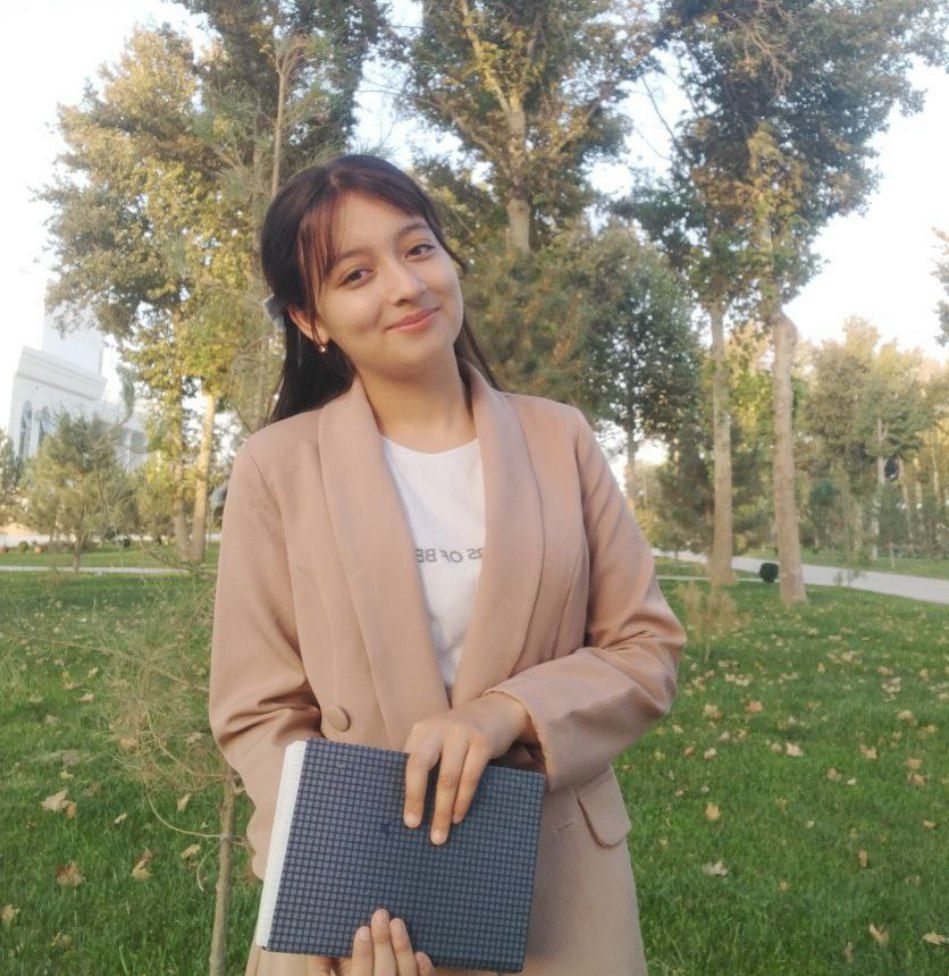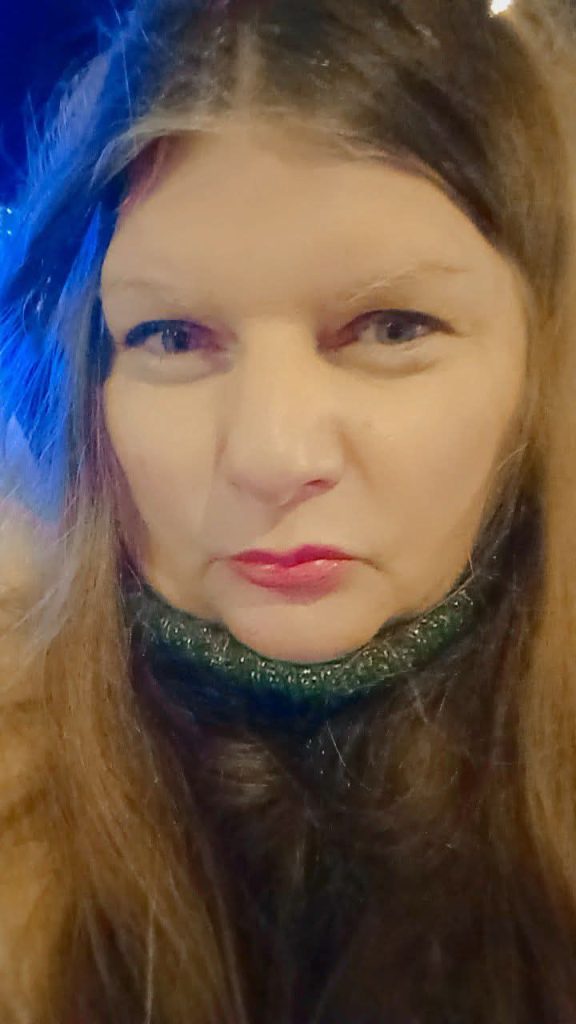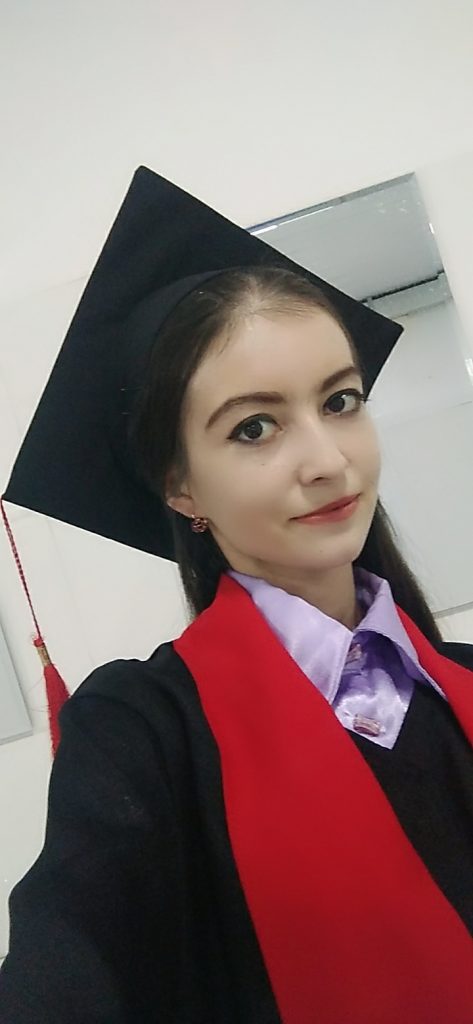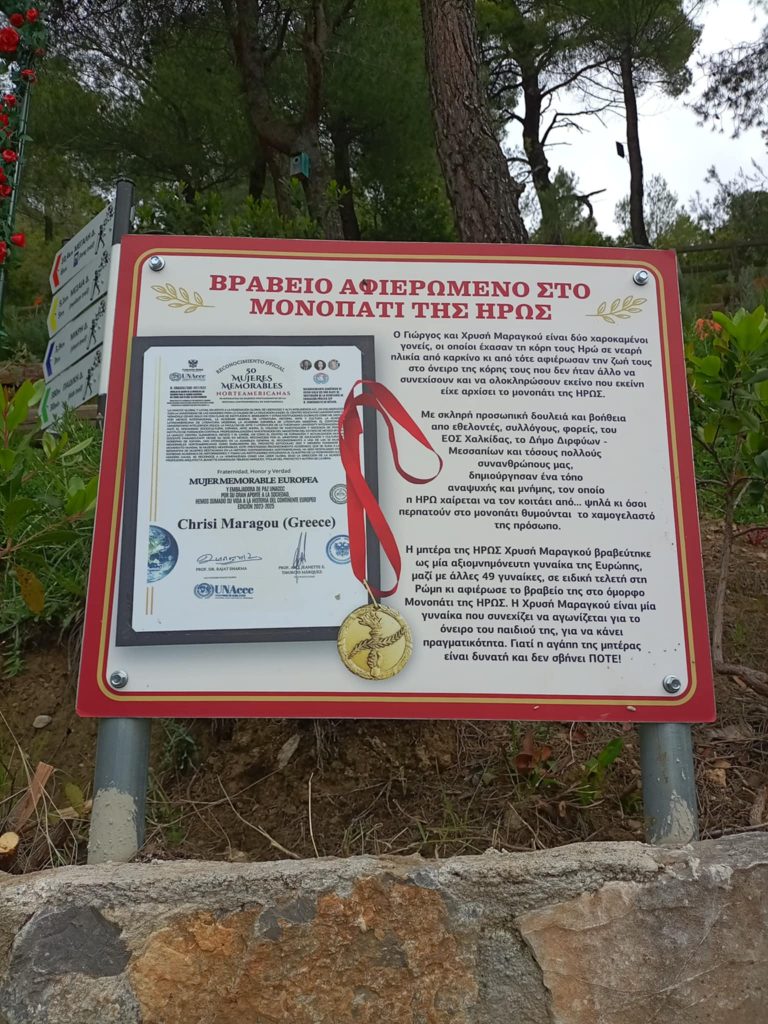Out of the Gloom
Following a breakfast hardly worthy of the name, Annie sat with her cup of coffee on the porch, swinging listlessly as she watched huge, sculpted flakes of snow blow across her front yard. The wind sang through the black, denuded boughs of her hickory trees. Although the outdoor thermometer showed the temperature to be a bitterly cold 12 degrees Fahrenheit, Annie didn’t feel the chill in the air. She did, however, feel the coldness of isolation and depression and a continuing deep sense of loss closing in on her.
She cast her mind back several weeks, to the two days voluntary absence she’d taken from work. Annie, 60, had worked for half of her life at Mercer Portfolio as an executive secretary. She knew, as did her employer, that she was very good at her job, and her record of attendance had been nearly spotless. She hadn’t requested personal time off from work since her mom died, almost a decade before. The time had been readily granted. Additionally, cards, flowers, prepared food and other expressions of condolence has been forthcoming. All this for the death of a woman with whom Annie had not stayed overnight for more than 40 years.
Mom, a cold and unfeeling woman trapped in parenthood, had never wanted to be a mother. Because of her ambivalance, she had treated her only child distantly. Annie’s father died when she was 7 and she could scarcely remember him. She remembered the last time she had visited her mother, 11 years before. She had just flown in.
“Mom, how can I help? Do you want me to do some laundry or shopping or…”
“I don’t want nothin’ from you,” snapped Delores Davis in her hacking, 3-pack-a-day voice. “You don’t come back but ever’ other month and you try to make up for it by doin’ laundry or shoppin’ or whatever. I jus’ want one thing from you,” she said.
“What’s that?” asked Annie tiredly. They went through this same drama every few months. “What could I finally do that would actually make you happy?”
“Don’t come back here no more,” said the old woman with an evil smirk. “That,” asserted Delores, “would make me very happy!”
Annie got a letter from the Edgewood Nursing Home a month later, telling her that Delores had entered their facility as a permanent resident. Annie never again saw her mother alive. She had several times sent a check to the Home to provide some extras for Mom, but the envelopes had been returned unopened. A phone call from that facility almost a year later informed her that Delores Davis had escaped her mortal bonds. Annie had felt numb for a day afterward, but that was all. No other member of her family was living.
Sam, however, was another story. Sam, Annie’s molly cat, had been an integral part of her life from the time she got her from Animal Rescue at 3 months until she finally died at 17 years. Sam was a fast friend and constant companion and Annie had come to rely emotionally on her cat to always be there for her. Conjuring an image of her beloved Sam still brought a tear to her eye. Perhaps most hurtful was that, unlike when her mother had died, others reacted rather coldly when Annie expressed her grief at Sam’s passing.
Her boyfriend, Arch, at her home on the day of Sam’s passing, at first seemed not to know what to say, but then folded her obligingly in his arms and patted her back. But, when she didn’t immediately snap out of it, he seemed not to understand why the loss of a friend whom Annie had known ten times as long as she’d known him should have struck her so hard.
“Annie,” he said with rock-headedness, “how long are you going to mope?” She looked up out of her tissue and blinked. “I mean, it’s only a cat.” Her lips drew into a straight, unhappy line. Arch, she knew, had never liked Sam, not really. What he said next was the worst thing: “If it had been a dog, then I could get it…”
“Then get this,” she told him coldly, and stuffed her snotty tissue into his shirt pocket and said, “Beat it!” He did beat it and, despite fruitlessly calling her daily for the first week, soon stopped trying to make contact.
“Hey, Sam, cute stuff,” cooed Annie, picking the cat up off the porch and cradling her like a baby in her arms. The cat instantly began to loudly purr. “That’s a good girl,” Annie said, and rubbed Sam’s belly. Annie sat down upon the swing, eagerly soaking up the love she she often hadn’t found elsewhere. “Hey,” she asked the cat, “do you want some treats?” Sam’s ears perked up and she squirmed and jumped from Annie’s arms, landing lightly upon the porch floor. She fed Sam her treats, but of course she wanted more. Additional crunchies were not forthcoming, however, for as Annie cautioned Sam, “We girls got to watch our figures, or no one else will.”
“Mr. Helper,” said Annie, speaking on the phone with her boss. “It’s Annie.”
“Annie, are you feeling any better? I was surprised when you took a sick day yesterday. I checked, and you haven’t taken a sick day since you had Covid, nearly 5 years ago.”
“I’m alright, Mr. Helper, thank you. I need to call off today for a different reason.”
Helper’s voice suddenly turned harder. “What reason?” he asked suspiciously.
“Sam…my cat, Sam, died yesterday, and I’m still a little messed up about it.”
Silence.
“Mr. Helper?” asked Annie.
“You mean, you weren’t ill yesterday?” he asked.
“Well, not physically. But, emotionally I was a mess. I owned Sam for…”
He cut her off. “You can have one day, Ms. Davis,” said Helper, using her formal appellation. “You misled the firm yesterday when you called off with what turned out be a lie. One day,” he repeated. He disconnected.
Annie never went back to Mercer Industries.
Claudia, Annie’s best friend from work, called her 5 days into her continued absence from the job. “What’s goin’ on, girl?” asked Claudia. Annie had phoned her friend the day that Sam died and left a message, but until now, she had received no call back. “The rumor mill is working overtime, Annie. Did you really quit?”
“Quit?” repeated Annie. “Not exactly. I’m still grieving, Claudia. I told you, Sam died.”
“Yes,” murmured her friend. “You said that.” After a moment, she asked, “what else is it? Are you sick? Tell me you’re sick, Annie, and I’ll tell that to Helper. Then he can’t fire you.”
“I already told him why I missed work, Claudia,” said Annie.
“I can tell him you were upset, that you had a serious condition; you know, that you had an STD or something and were ashamed to talk about it.”
“I’m not ashamed, Claudia,” Annie said a little more sharply that she intended. “But I am grieving. If you and Mr. Helper and his bosses can’t cut me some slack after three decades of faithful service, then…” She was losing her temper, something she’d never done before with her friend.
“Do you feel suicidal?” asked Claudia eagerly.
Annie pulled her cell phone away from her face and stared into it. She said, “What?”
“If I could tell them you’re suicidal, then they could refer you Human Resources and get you some help…”
Annie retorted, “I don’t need help. I just need time to grieve.” Did she need professional help? she wondered. A shrink would only laugh at her, she feared.
“Then I could explain that you were raped–a date rape–and you had PTSD.”
Annie took a great breath and let it out. “Claudia,” she said calmly, “I’m not suicidal. But I could use some personal support, from my friends.”
“What about Arch?” asked Claudia.
“Yes,” replied Annie wearily, “what about Arch?”
“Is there anything I can do to help?” asked Claudia next.
“I’ll call you if I need anything, okay?” replied Annie softly.
“Okay, girl.”
“Oh, baby,” said Annie, kneeling by Sam’s side. The cat had just vomited again and lay prostrate in the mess. She pulled her pet from the discharge and took her inside to wipe her off. This was the third time is as many days that Sam had regurgitated. Annie phoned up the vet and made an appointment for that afternoon.
Dr. Patel gently palpitated Sam’s distended abdomen and checked her tongue and eyes and ears. He said something about “jaundice.”
“No parasites,” he murmured, “but we’ll check the stool sample and do an X-ray and an ultrasound.” Sam had known the vet all her life and trusted him. But, when he touched her stomach, she growled crossly. After an hour, the vet met with Annie again and told her that Sam’s liver was at issue.
“It’s hepatic failure, Annie,” said the vet. “It’s almost certainly the result of the ingestion of toxins. We’ve gotten a number of similar cases in the area. Do you use any toxins around your house?”
Annie frowned thoughtfully. “No,” she began but then remembered, “the groundskeeping crew has used a defoliant on my blackberries the last two years. But, I asked them and they said it was pet-friendly and wouldn’t hurt Sam.” When he asked, she told him the brand name. He stared sadly at her. “Do you think they lied to me?” she asked in a tiny voice.
_______
Annie and Sam sat alone on a bench in the consultation room at the vet’s. She sat not in her lap as she usually did, but stretched out on the seat. She gently stroked her side. Dr. Patel had told her that, given Sam’s condition and her age, surgery was not indicated. It would be very expensive and it simply wouldn’t work; Sam would never survive the procedure.
“Pretty girl,” she murmured. The cat rolled onto her back and stuck her paws into the air.
The vet reentered the room.
“How long does Sam have, Dr. Patel?” she asked, feeling the moment was surreal.
The vet stroked the cat; Sam purred. “She could last for six months. Or she could expire tomorrow.”
Expire, thought Annie bleakly. What a cold, lifeless word to describe the death of a friend.
“It’s up to you, of course,” the vet went on, “but the kinder course would be to put Sam to sleep, as soon as possible.”
Annie felt as though a hundred pound weight were on her shoulders. “Is she in any pain?” she asked.
The doctor nodded. “Yes,” he said.
Sam was euthanized 30 minutes later, after Annie had said her goodbyes. She didn’t cry, which she felt was weird, inasmuch as her grief was manifest. She told herself she was still in shock. The vet’s assistant gave Annie a wax imprint of Sam’s paws, plus a bill for $1,500, including $100 for the cremation.
Annie sat alone in her car and wept bitterly.
_______
For the first week, Annie felt as if, when she entered a room, she would find Sam padding across the floor or mischievously shredding the curtains or sharpening her nails in the doorways. Then she’d remember and just sigh. Her friends, all from work, were by this time avoiding her. Claudia had emailed her and told her that at Mercer, Annie was persona non grata and no one dared be seen with her. This explained the mild rebukes she’d gotten from work friends she’d texted to spend some time with. She was dreadfully lonely. The house and yard were home to ghosts.
Doing what she always did when she faced uncertainty, Annie booted up her PC and consulted Dr. Google. She clicked on Grief Over Pets and received a panoply of advice. She read that modern Western society had a rather unforgiving attitude toward those who claimed to be suffering grief over the death of an animal. They called this disenfranchised grief and said that it only added on additional layers of misery to those so afflicted.
By the time the second week had passed, she thought to seek professional help. Dialing up the HMO in which employees of Mercer were enrolled, she talked to what sounded like an older woman at the HMO and explained her situation, asking if she could have an appointment with a mental health professional. The woman apparently placed her hand over the telephone receiver and spoke to someone else. When she came back on the line, she said, barely containing her hilarity, “Maybe you should contact an animal psychologist,” and exploded into gales of unpleasant laughter. “I think they got one at the greyhound track,” she added, then cackled some more.
Annie hung up the phone.
Nights were the worst. When Arch wasn’t there, Sam had spent the nights in Annie’s bed, curled on top of the comforter and nestled in her owner’s arm. But, because Arch was now a ghost as well, Annie spent every night. every second, alone. She hated it.
Mercer was an investment brokerage and the employees, including the secretaries, had profitted from the firm’s investment strategies and enjoyed rich supplements to their already generous remuneration. After 30 years, Annie was but 7 years from retirement. And, because she was in good health and excellent financial shape, decided she wouldn’t reenter the work force. Although she had been discharged, the company was still obliged to pay her substantial pension. Annie retired.
Annie sat in the living room, wathing a PSA on television, showing the dire situation of abandoned and neglected animals. It was a fund-raising effort by Animal Rescue, the same group where she’d gotten Sam so long agp. Videos of starving dogs and abused kittens and lame horses flashed across the screen, ripping at her heart. When the commercial ended, Annie turned to her PC and looked up Animal Rescue on the web. She was surprised to learn that the local shelter was still located at the same spot it had been when she got Sam so long ago. Taking up a wrap, she walked to her car and into her salvation.
Annie was shocked to discover that the same ageless woman who had facilitated Sam’s adoption was still working at the shelter, only now she was the director. Her name, she read on her name tag, was Gladys. Next on the string of miracles was that the woman recognized Annie as well when she mentioned the animal she had adopted.
“Sam, yes, I remember,” said Gladys. “In our follow up telephone interview with you, you said you named her Sam. But, she’ll always be Cuddles to me,” she said, recalling the temporary name that the shelter had given her. She expressed condolences when Annie told her that Sam had passed. But, she didn’t press Annie to immediately readopt and Annie was a little surprised.
“It’s important to grieve properly after a friend passes,” Gladys said. “If you adopt too soon, it’s not fair to the memory of your friend and it’s not fair to your new animal.” Gladys went on to recommend a grieving period of 2 to 3 months, at a minimum. “And Cuddles…Sam, has been gone just six weeks.”
Annie smiled with relief; she had half expected a hard sales pitch; perhaps she was too used to the mercenary buyers and sellers of the transactional American culture. “I agree with you, Gladys,” said Annie.
“Then what can I help you with today, Annie?” asked the other woman. “Or did you just want to visit with some of our little friends?”
‘Is…is that allowed?” asked Annie timidly.
“Of course. Look around and visit. They love company.”
So Annie did, strolling around and visiting every animal. They all seemed pathetically eager for attention, for socialization. When she had completed her visit, she asked the question she had when she came.
“Is there anything that I can do?” she asked.
“What did you have in mind?” asked Gladys, all business now.
“Well,” replied Annie. “As a volunteer. I’m recently retired and I have a lot of hours to fill. And I’d like to help, if I can.”
“What sort of work did you do?” asked Gladys.
“I was an executive secretary for a financial firm for thirty years,” replied Annie.
“Well,” said Gladys, we don’t have much call for dictation or typing and the like…” Annie’s shoulders slumped. “…but,” she continued, “If you can muck out cages and give the animals water and food and assist the visiting vets and love the precious creatures, then you got a job.” She smiled warmly.
“Can I start today?” asked Annie.
Annie began working at the shelter 15 hours a week, which soon escalated to 6 hours per day, five days per week. She loved her work, menial as it was. She enjoyed getting her hands dirty and returning home in the evening smelling like cats and dogs. She fell in love with all the animals, though Sam was never far from her mind. By August, Annie felt that the intensity of her grief was at last at an end. She approached Gladys one afternoon.
“I think I’m ready,” she said.
Gladys somehow knew exactly what she meant. “I think you’re ready too,” she said. “Does this mean you’ll be leaving the shelter?” she asked with concern. Annie was one of her most avid helpers and her sudden absence would surely be felt. Not only a favorite of the shelter’s patrons, board members and workers, but the animals took to her naturally as well. Their love was returned.
“You’ll never get rid of me, Gladys,” vowed Annie.
“Who’s the lucky girl, or guy?” asked Gladys.
“I’m adopting Jupiter,” declared Annie with a big smile, referencing a large gray male cat.
Gladys frowned. “Honey, Jupiter is 13 years old.”
“I know.”
“In just a couple of years you may have to go through with him what you did with Sam.” Jupiter was diabetic and needed daily insulin injections, which the shelter’s pro bono vet had trained Annie to give.
“I know all that, Gladys,” said Annie. “But, Jupiter has been here for two years, and if I don’t adopt him, then nobody will. He’s an outcast, sort of like me. I think we belong together, you know?”
The night that Annie adopted Jupiter, she lay asleep with the big gray cat curled into her chest and she dreamed. Of Sam. In the dream, Sam was in her lap on the swing and Annie was stroking her fur. Sam suddenly began purring very loudly. She looked up into Annie’s green eyes and opened her mouth.
“What is it, baby?” asked Annie, bending down. In response, Sam leaned up and bit Annie almost impossibly softly on the nose. Then she was gone.
Annie woke up abruptly, said aloud, “Sam?” But, it was Jupiter who lay nestled up against her. There had, Annie realized, been a changing of the guard and a release from her ever-present malaise. The cat looked up inquiringly into his mistress’s eyes, as if to say, this is all new to me too. “I’m out of the gloom now,” murmured Annie, and fell back into a dreamless sleep.
…







